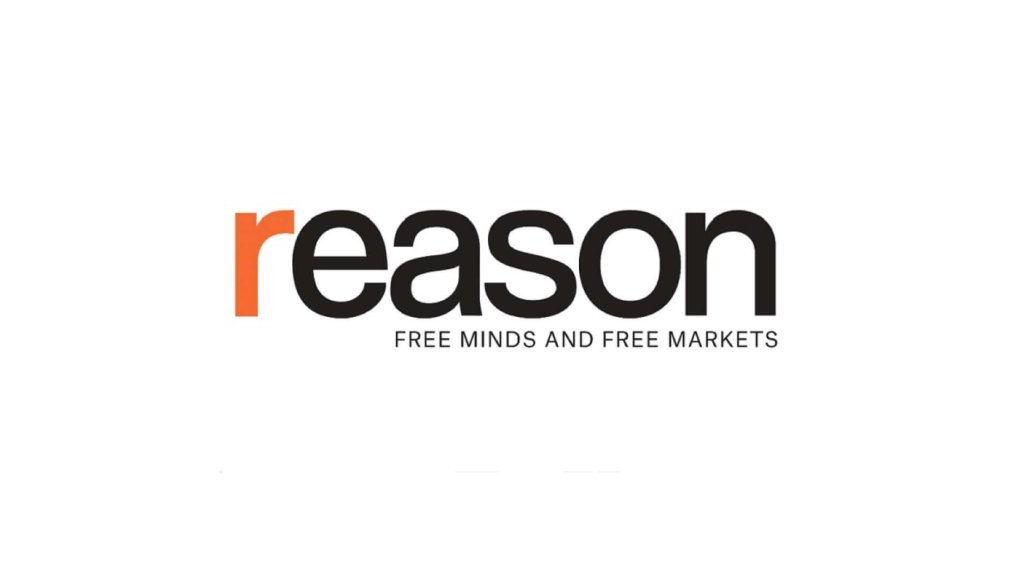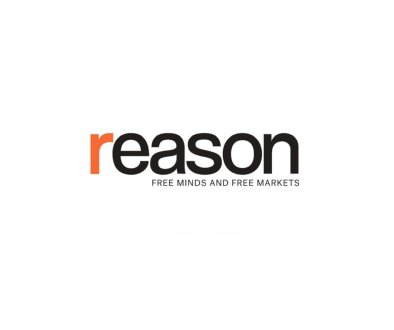White House Cites Tariff Reports That Undermine Its Own Claims
On President Donald Trump’s so-called “Liberation Day,” when he implemented new tariffs on nearly all U.S. trading partners, the White House published an article defending tariffs.
“Despite the rhetoric from politicians and the media, studies have repeatedly shown tariffs are an effective tool for achieving economic and strategic objectives—just as they did in President Trump’s first term,” the White House claimed.
But the reports listed tell a different story: Tariffs raise prices and lead to less manufacturing output and costly retaliation.
Let’s take a closer look at the sources cited by the White House and see what they actually say.
Claims No. 1 and No. 2: Trump’s First-Term Tariffs Strengthened the Economy and Had Little Effect on Prices
The White House cites two reports to support the claim that Trump’s tariffs “strengthened the U.S. economy,” “led to significant reshoring,” “stimulated more U.S. production of the affected goods,” and “had very minor effects on downstream prices.”
The main source for these claims is a 2023 report from the U.S. International Trade Commission (USITC). But the report itself includes a major caveat: “The report is not an assessment of the complete, economy-wide impacts of the tariffs…and cannot be used to draw broad conclusions about whether the tariffs…produced a net benefit for the U.S. economy overall.”
Overall, the report shows that tariffs led to a nearly one-to-one price increase for steel, aluminum, and Chinese imports, prompting domestic producers to increase their prices.
While the USITC report estimates that tariffs increased U.S. metal production by $2.8 billion annually, the White House omits a key finding: Higher metals prices also reduced output in other manufacturing industries that rely on metal goods by $3.4 billion annually. That’s a net loss in production.
The White House also fails to mention that USITC excluded a similar “downstream” analysis for the China tariffs. Still, the report discusses how “increasing the price of intermediate goods (directly through the tariff or indirectly through the increase in the demand for domestic substitutes) would increase the cost and lower the domestic production of downstream goods.”
Claim No. 3: Trump’s First-Term Tariffs Didn’t Affect Inflation
Citing an article by the Economic Policy Institute, the White House says “The tariffs implemented by President Trump during his first term ‘clearly show[ed] no correlation with inflation’ and had only a fleeting effect on overall prices.”
The piece states: “The timing of the tariffs clearly shows no correlation with inflation and eliminating tariffs could not plausibly restrain it. The bulk of the tariffs were in place before 2020, yet inflation only began accelerating in March 2021. Clearly, inflation was driven by many sources besides tariffs.”
It’s a mistake to confuse price increases for tariffed goods with inflation, which refers to overall price level increases. The 2018-2019 tariffs applied to imports worth less than 2 percent of U.S. gross domestic product and were phased in gradually. No, the tariffs did not drive overall inflation, as they were not large or disruptive enough to do so, but the tariffs clearly raised import prices and led to higher prices for domestic alternatives, which hurt Americans.
Claim No. 4: Tariffs Encourage Consumers To Buy American
A study by the Atlantic Council found that “tariffs would create new incentives for US consumers to buy US-made products.” That’s true—but switching to American-made doesn’t necessarily boost U.S. production overall.
Here’s why: When U.S. imports fall, the dollar tend
Article from Reason.com

The Reason Magazine website is a go-to destination for libertarians seeking cogent analysis, investigative reporting, and thought-provoking commentary. Championing the principles of individual freedom, limited government, and free markets, the site offers a diverse range of articles, videos, and podcasts that challenge conventional wisdom and advocate for libertarian solutions. Whether you’re interested in politics, culture, or technology, Reason provides a unique lens that prioritizes liberty and rational discourse. It’s an essential resource for those who value critical thinking and nuanced debate in the pursuit of a freer society.




